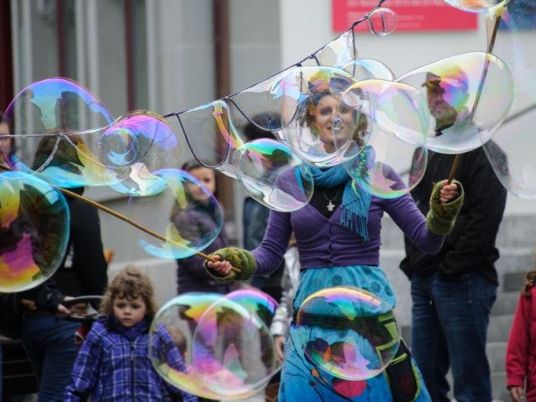
Edging out Norway and Sweden, Switzerland was hailed as the best place in the world for older people to live in a new report by HelpAge International and the University of Southampton in the UK.
It's part of the Global AgeWatch Index to assess the social and economic wellbeing of seniors in 96 countries, representing 91 percent of the global population of at least 60 years of age for a grand total nearing 901 million people.
"Today, in all countries of the world, the proportion of older people is growing. By 2050, 46 of the 96 countries in the Index will have 30 percent or more of their populations aged 60 and over. We have just 35 years to prepare," says Toby Porter, chief executive of HelpAge International.
In the Index, quality of life is assessed in terms of income, health, education and employment as one's surroundings enable it.
Switzerland came out on top, followed by Norway, Sweden, Germany and Canada in that order.
The US and the UK entered the rankings this year in the ninth and 10th positions respectively.
With the exception of Japan – ranked number 8 – the top 10 countries are all developed and located either in western Europe or North America, according to the report.
The top countries are all focused on improving the lives of seniors, implementing policies that improve access to healthcare, making the infrastructure more navigable for seniors and promoting social pensions.
The very lowest quarter of the rankings represents all the regions of the world, with African countries accounting for half of them.
Of notable interest, Greece, Venezuela and Turkey ranked in the 79th, 76th and 75th positions, respectively, putting them in the same bracket as sub-Saharan African and Asian countries.
The gap in life expectancy at age 60 has widened between top-ranking countries and those at the bottom of the Index from 5.7 years in 1990 to 7.3 years is 2012, according to the report.
Individuals aged 60 in Japan – where life expectancy is highest – live an extra 26 years, whereas those of the same age in Afghanistan can only expect to live an additional 16 years.
On average, individuals can expect to live for 21 more years as they reach the age of 60.
At 48.5 percent, the Republic of South Korea has the highest poverty rate for seniors, followed by Venezuela at 38 percent, Australia at 33.4 percent, Bolivia at 30.3 percent and Honduras at 28.9 percent.
On the flip side, the poverty rate among seniors in Iceland is the lowest at 1.6 percent, followed by the Czech Republic at 1.7 percent, the Lao People's Democratic Republic at 4.5 percent, and India at 5.1 percent.
Whether the poverty rate is high or low for seniors does not appear linked to Gross National Income per capita, for it is highly carried for the aforementioned countries in both categories.
View the entire report.



